

— Blogs —
—Products—
 Consumer hotline +8618073152920
Consumer hotline +8618073152920 WhatsApp:+8615367865107
Address:Room 102, District D, Houhu Industrial Park, Yuelu District, Changsha City, Hunan Province, China
Product knowledge
Time:2025-09-06 14:15:27 Popularity:514
Government agencies often require climate stations to monitor the environment, manage natural disasters, and support agricultural planning. Whether it's for weather forecasting, disaster management, or monitoring climate change, selecting the right climate station is crucial to ensure precise data, long-term reliability, and seamless integration into government systems.
- Climate stations for government projects typically offer a wide range of sensors that monitor multiple environmental parameters. This includes:
- Wind Speed & Direction – To track storm systems and manage wind-related disasters.
- Temperature & Humidity – Essential for accurate weather forecasting and agricultural planning.
- Rainfall – Critical for flood monitoring and water resource management.
- Solar Radiation – For renewable energy assessment and climate studies.
- Barometric Pressure – Important for weather prediction and forecasting.
- ISO, CE, and WMO Compliance – Ensuring that climate stations meet international standards is crucial for consistency and reliability in global projects. Adherence to the World Meteorological Organization (WMO) guidelines ensures data quality.
- High-Precision Sensors – To provide the most accurate readings for reliable decision-making in government operations.
- Real-Time Data Logging – Government projects require timely information. Climate stations offer continuous monitoring with real-time data logging to provide accurate and up-to-date information.
- Secure Cloud Connectivity – Real-time data must be uploaded to secure cloud platforms for easy access and storage, ensuring government agencies can retrieve and analyze the data without delays.
- API Integration – Seamless integration with existing government databases or disaster management systems allows easy data sharing and processing.
- Extreme Weather Resistance – Government-grade climate stations are built to withstand extreme weather conditions, such as high UV radiation, heavy rain, dust, and freezing temperatures. This is critical for ensuring longevity in outdoor and remote locations.
- Long Lifespan & Minimal Maintenance – Designed for extended use with minimal upkeep, these stations are perfect for government projects where continuous operation is vital.
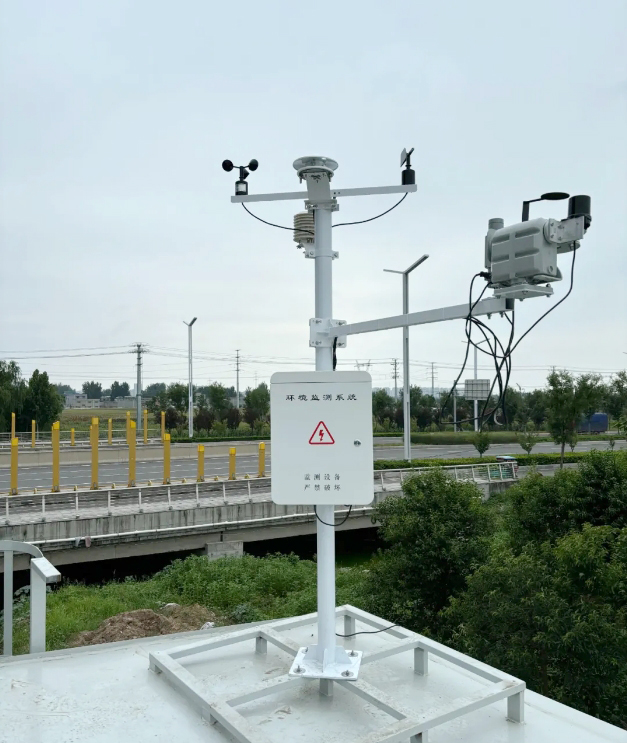
Government climate stations serve a variety of essential roles across different sectors:
- Weather forecasting is central to disaster preparedness. Accurate climate data helps predict storms, extreme weather events, and seasonal variations.
- Early warnings for floods, droughts, and storms rely heavily on real-time environmental data. These stations provide critical information to mitigate and manage natural disasters.
- Climate data is vital for assessing crop yields, optimizing irrigation, and managing agricultural planning. Government agencies use this data to forecast agricultural outputs and manage food security.
- Monitoring climate change is one of the most critical roles for government agencies today. Climate stations help track shifts in temperature, precipitation patterns, and solar radiation to study global climate changes and inform policy decisions.
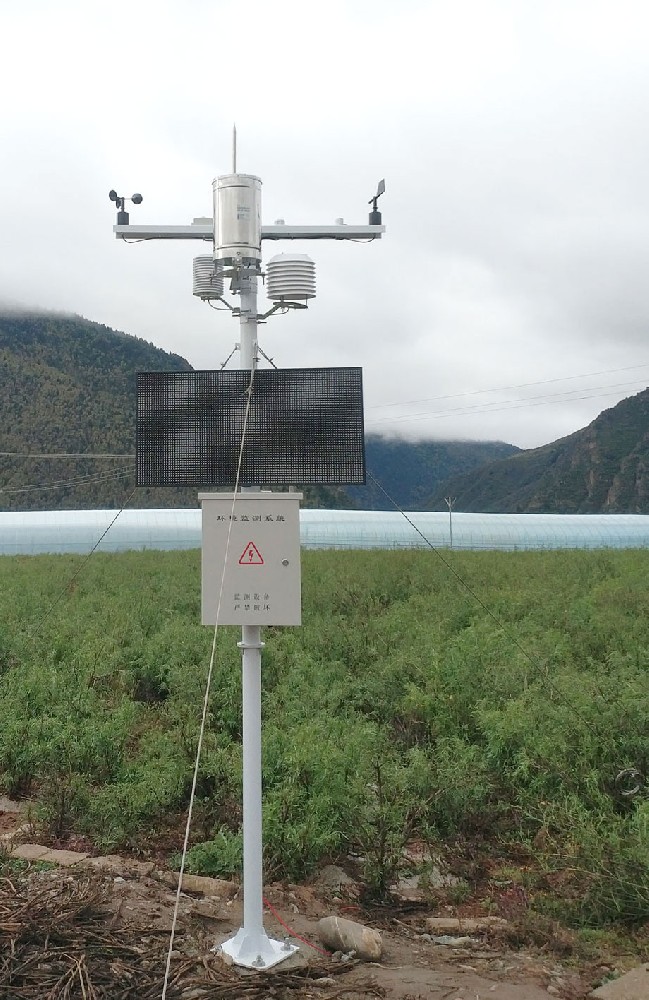
When purchasing climate stations for government projects, consider the following to ensure long-term success:
- Work with trusted suppliers who can provide long-term support and ensure consistency in service delivery.
- Verify that the climate stations are calibrated according to international standards. This is essential for maintaining data accuracy.
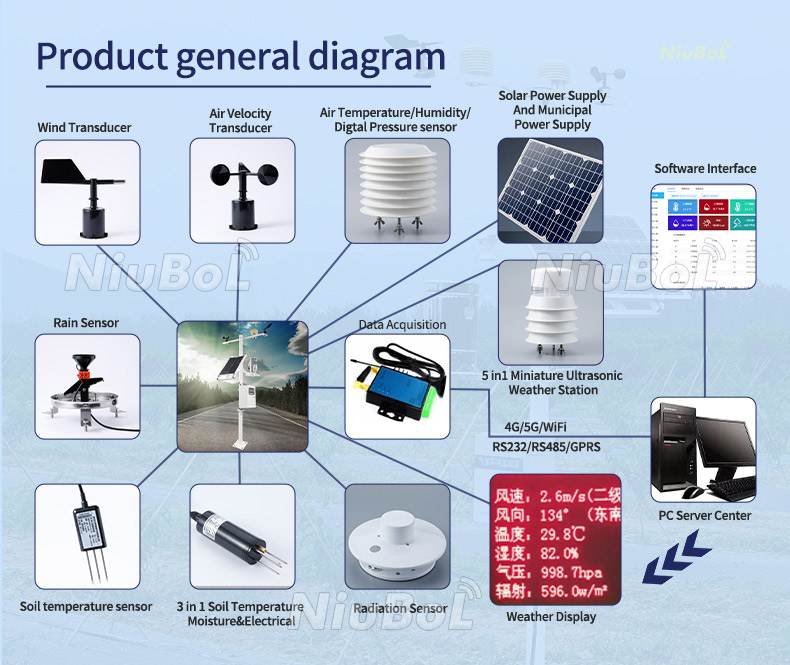
- Ensure that the supplier offers comprehensive after-sales support, including maintenance services, repairs, and software updates.
- For sensitive government data, it's crucial to ensure that the climate station provider has strong security measures for data storage and transmission.
- Choose suppliers that offer validated, accurate, and high-frequency reporting capabilities. This ensures that government agencies receive real-time, actionable insights.
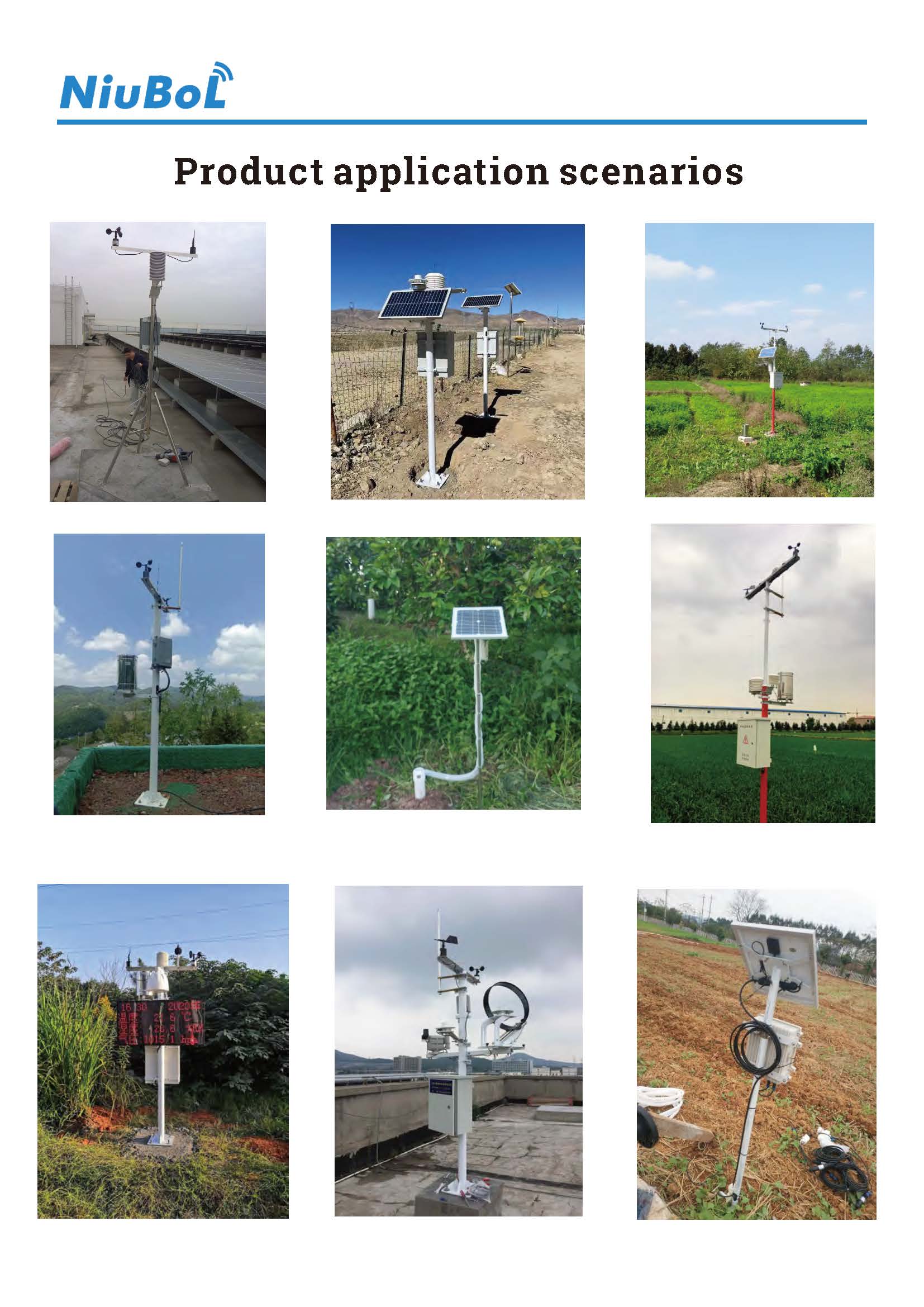
The best climate stations for government projects must meet strict standards for accuracy, durability, and data management. Whether for weather monitoring, disaster management, or agricultural planning, these stations provide critical insights to aid in decision-making. Buyers should prioritize suppliers with a proven track record in large-scale installations and long-term support.
Contact Niubol for reliable, government-grade climate stations that combine precision, durability, and seamless integration into your environmental monitoring systems.
Prev:Pros and Cons of Buying Weather Stations Online
Next:Comparing Environmental Sensor Prices: A Buyer's Perspective
Related recommendations
Sensors & Weather Stations Catalog
Agriculture Sensors and Weather Stations Catalog-NiuBoL.pdf
Weather Stations Catalog-NiuBoL.pdf
Related products
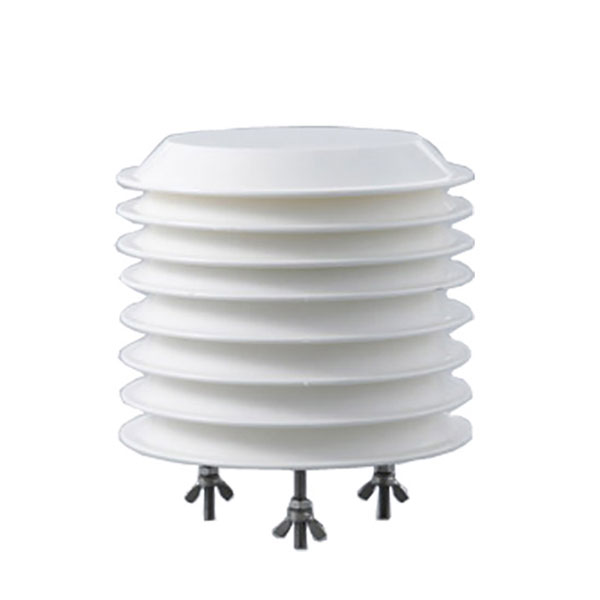 Combined air temperature and relative humidity sensor
Combined air temperature and relative humidity sensor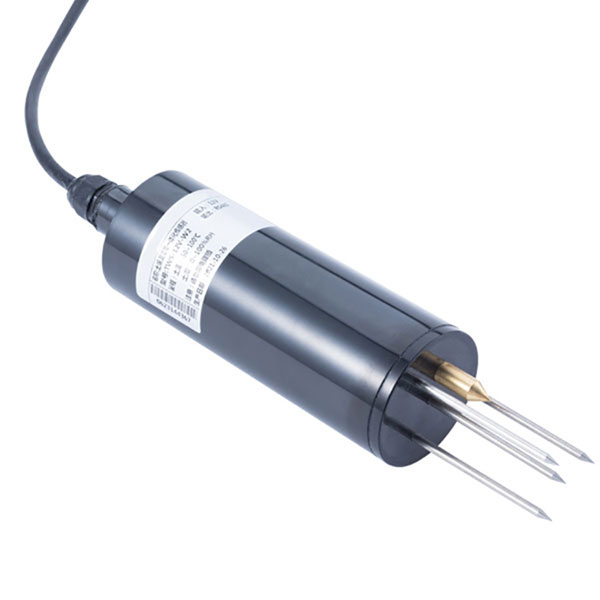 Soil Moisture Temperature sensor for irrigation
Soil Moisture Temperature sensor for irrigation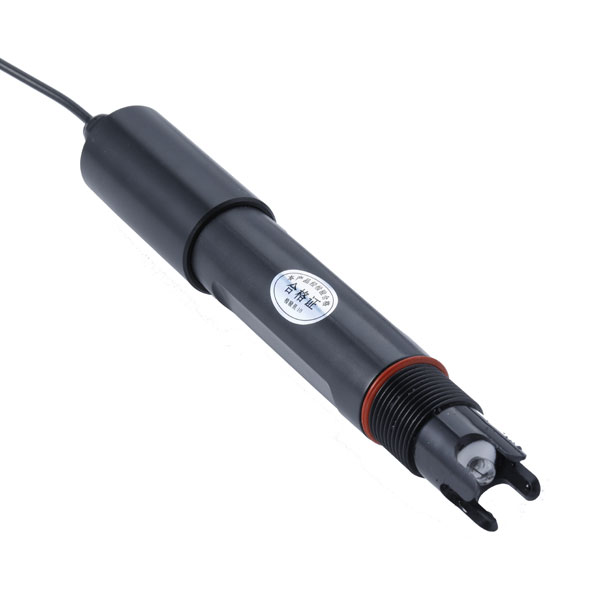 Soil pH sensor RS485 soil Testing instrument soil ph meter for agriculture
Soil pH sensor RS485 soil Testing instrument soil ph meter for agriculture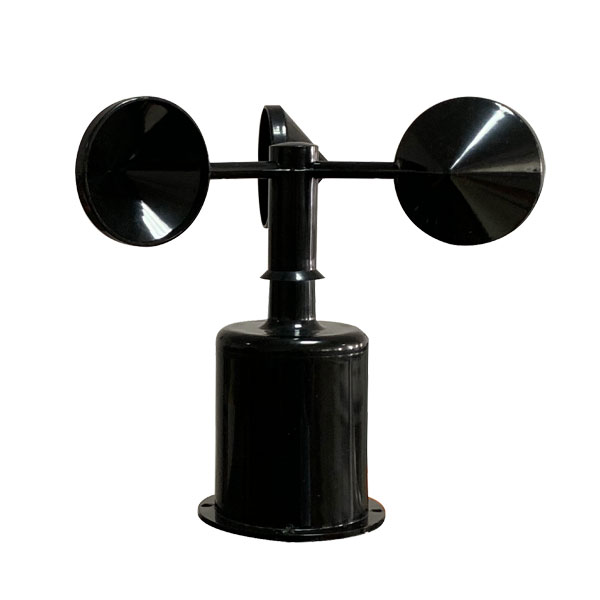 Wind Speed sensor Output Modbus/RS485/Analog/0-5V/4-20mA
Wind Speed sensor Output Modbus/RS485/Analog/0-5V/4-20mA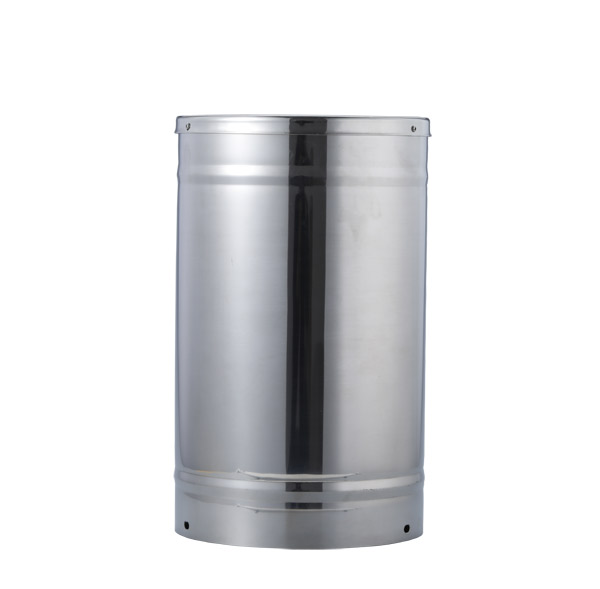 Tipping bucket rain gauge for weather monitoring auto rainfall sensor RS485/Outdoor/stainless steel
Tipping bucket rain gauge for weather monitoring auto rainfall sensor RS485/Outdoor/stainless steel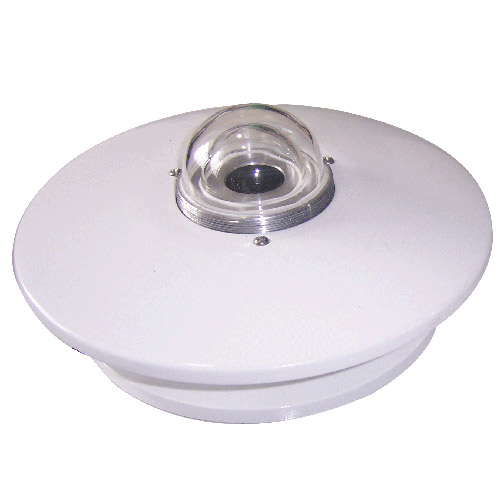 Pyranometer Solar Radiation Sensor 4-20mA/RS485
Pyranometer Solar Radiation Sensor 4-20mA/RS485
Screenshot, WhatsApp to identify the QR code
WhatsApp number:+8615367865107
(Click on WhatsApp to copy and add friends)
